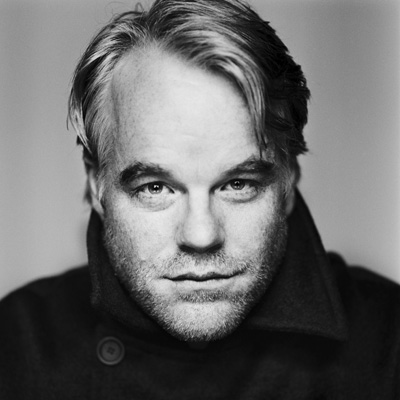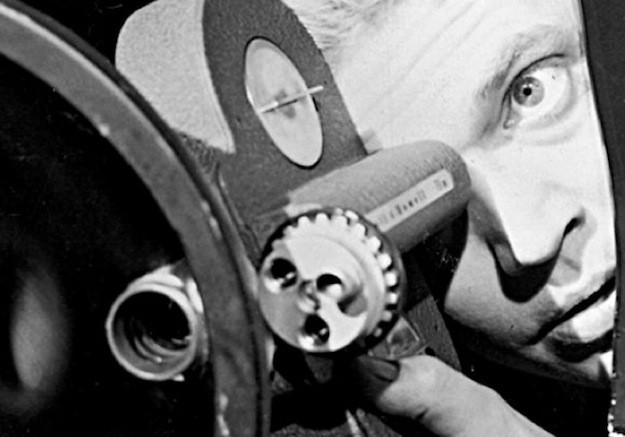Like many others, I was shocked and saddened by the news of Philip Seymour Hoffman’s passing. Also like many others, I didn’t know him personally. (A couple of acquaintances of mine had the pleasure of working with him.)
It’s always the case that, whatever demons someone is wrestling, no matter what sorts of static the social chatter happens to produce around gossip, speculation, and sordid details, the fact remains—a life was lived, and so many are the better for it.
Hoffman’s passing made me remember all the times I saw him in movies and thought, “Philip Seymour Hoffman is so good.” From Boogie Nights to Happiness, to The Talented Mr. Ripley or Magnolia or Almost Famous or Capote or The Savages—such a long list!—Hoffman was always true to form and utterly brilliant.
His passing also made me reflect on the takeaways; not just the often-cited reasons for staying away from drugs or seeking help when it’s needed, but what we can learn about craft from unwitting mentors like Hoffman, and how it can give us pause to focus on our own lives. As an indie film director, I’ve taken time to think back on all the lessons I’ve learned about the big screen, my own successes and failures, and I’ve come up with a few things I know about what Hoffman loved and spent so much time doing—acting.
- It’s the Method. This is not to knock techniques like Alexander, Viewpoints, or others. If anything, these augment and support Method acting. But think of the greats: Hoffman (Philip Seymour and Dustin), Brando, De Niro, Pacino, etc.—and it becomes clear that there’s something really effective about listening, staying focused on the moment at hand, and making use of affective memory. I know, Anthony Hopkins—you think method actors are a “pain in the ass.” Well, you played a black man passing as white. That was a pain in the ass.
- Homework works. There are folkloric stories like Hillary Swank living as a man and Daniel Day Lewis’ extreme character makeovers. In my own short films, I’ve created little assignments like having someone write a love letter to an ex-partner, sending two characters out on a date, and discussing the experience of one actor’s digging her own grave for a part. Similar to mindfulness meditation, the best way to observe behavior (aside from studying actual human behavior) is going out and doing it yourself and seeing what arises. According to Hoffman’s long-time acting teacher, Tony Greco, a main drive of Hoffman’s was wanting to get to the truth of the part. One of the best ways to do this is through homework.
- Acting is a fragile profession. All publicity stunts and Shia LaBeouf aside, actors can be brittle people, and I would argue, need more love and attention than most. After all, they’re opening themselves up to complicated and difficult emotions, without the assistance of a trained therapist (other than the director!). Sidney Lumet’s anecdote of Marlon Brando nailing the emotion on a 34th take in The Fugitive Kind speaks to allowing an actor to overcome an emotional block, no matter how long it takes. Such interior moments are, by their nature, contained and delicate; a director has to treat them accordingly.
- Bigger isn’t always better. Orson Welles once said, “The famous difference between stage acting and acting for the camera? It’s all nonsense, you know. There’s just good acting and bad.” Of course, acting for the screen in cinema’s Golden Age was very different from today’s oft-muted, “character study” performances in indie films. Bigger might have been better at one point, and at times it still is. But, the prevalence of unforgiving close-ups and hyperrealism call for smaller, not larger. Oh, and good acting helps, too.
- We’ll always have actor heroes. In 1951, legendary gossip columnist Hedda Hopper interviewed Preston Sturges about “the future of motion pictures” given the advent of television. He predicted that movies and the industry would simply change to keep pace, since people will always need stories and entertainment. We’ll also need people to act for us, to mirror back our hopes, fears, aspirations, nightmares, triumphs, failures, and everything in between. Gossip columns notwithstanding, we’ll always have and need actor heroes, and the more stories we continue to create, the more diverse these heroes will be.
Thank you, Mr. Hoffman. Godspeed.



